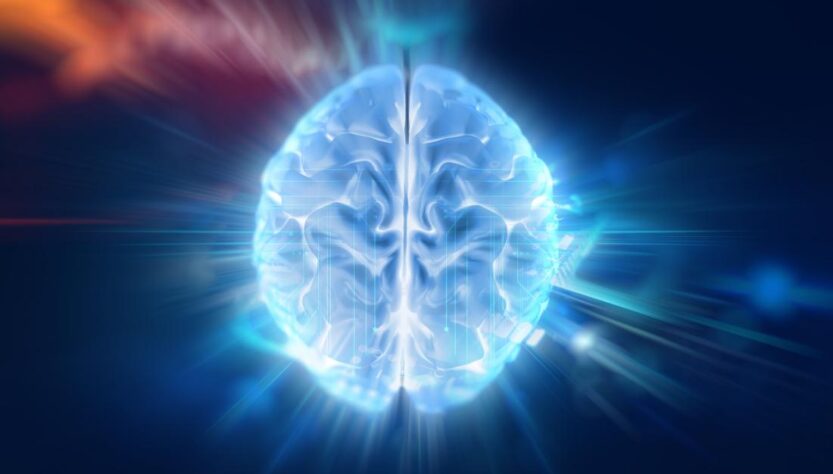Inner brain stimulation, surgical procedure that involves inserting neurostimulators into the patient’s brain, can trigger changes that are almost directly in the rhythm of brain waves, which cause assistance from depression that is resistant to treatment for the next few days. This finding is detailed in a new study from Icahn School of Medicine in Mount Sinai and Emory University.
Depression that is resistant to treatment is a mental health disorder where normal interventions, such as therapy and treatment, do not offer help or can only reduce symptoms for a short duration before they return. Many studies have explored problems and potential ways to treat it, including everything, ranging from the use of psychchedelics to deep brain stimulation.
Inner brain stimulation is a surgical procedure that instills electrodes in certain brain areas. The neurostimulator then works by sending electric pulses to the targeted part of the brain, potentially helping to treat problems such as essential tremors, Parkinson’s disease, OCD, and epilepsy.
Although previous research has linked the stimulation of the brain in the help of a resistant depression to treatment, this new study added other elements: “The physiological biomarker is suspected,” said the researchers, who can be used to predict how effective the antidepressant effect produced. This new evidence helps open the way for future studies and better predictions about how well a patient can benefit from the stimulation of brain stimulation.
This study reveals that short brain stimulation during implant surgery changes the rhythm of the brain beta “in a few minutes.” The change is related to the assistance of the symptoms of depression that is resistant to treatment within a week after surgery. From the notes, this study found that changes in greater brain rhythm in patients produce more help from depression for the next few days.
Inner brain stimulation, which is approved by the FDA for the treatment of certain conditions such as OCD and epilepsy, is still considered an experimental treatment when coming to depression. The researchers behind this new research noted that the operation of brain stimulation has been “repeatedly shown” as effective, despite revealing how it produces this effect remains an important topic.When it comes to depression treatment, the procedure of brain stimulation in experimental targets what is called “depression switch”.
Stimulating this brain area can be “reliable” brings long -term assistance from symptoms of depression, such as changes in behavior. Adjustment of the Beta Beta rhythm plays a role in this favorable change, this study was found, with the first author Allison C. Waters, Ph.D., explained:
Conventional beta rhythm is related to the determination of the brain whether to stop or continue to run with action, which is why neurologists target beta with DBS to treat movement disorders. We do not yet have a clear signal to be targeted with DBS for depression, but now we can speculate about how beta signals can function in this context: the release of brakes that produce fatigue and slowness, or disrupt the negative habit cycle of thinking that focuses on yourself.
To evaluate the potential effects of deep brain stimulation as a therapy for depression that is resistant to treatment, scientists use data from eight patients who experience surgery. Electrophysiological recordings are carried out during operation, while stimulation is applied to the “depressed switch” targeted in the brain for one hour. Researchers can record electrical signals that pass through the neurons of the brain deep.
Among other things, researchers use machine learning technology to understand data, including identifying predictors related to how patients will respond.This study correlates the decrease in brain beta power with a rapid antidepressant effect, noting a decrease in depression scores of 45.6 percent for a week after surgery. This is compared to, for example, the months needed for someone to begin to experience relief when taking antidepressant drugs, which are ineffective in people who suffer from depression who are resistant to treatment.

